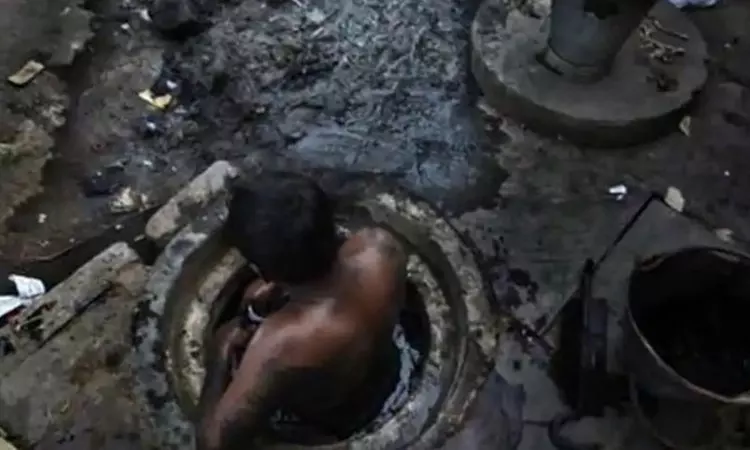Is The Government Really Serious About Plight Of Manual Scavengers?
Prasoon Shekhar
4 Jun 2020 12:57 PM IST

Next Story
4 Jun 2020 12:57 PM IST
In this piece, I am going to talk about the miseries faced by manual scavengers. Many of them have to risk their lives for a monetary benefit to run their livelihood. Is the government really serious on this issue? I will try to discuss the same in this piece. A video of Prime Minister, Sri Narendra Modi washing the feet of five sanitation workers had gone very viral. Entire...
